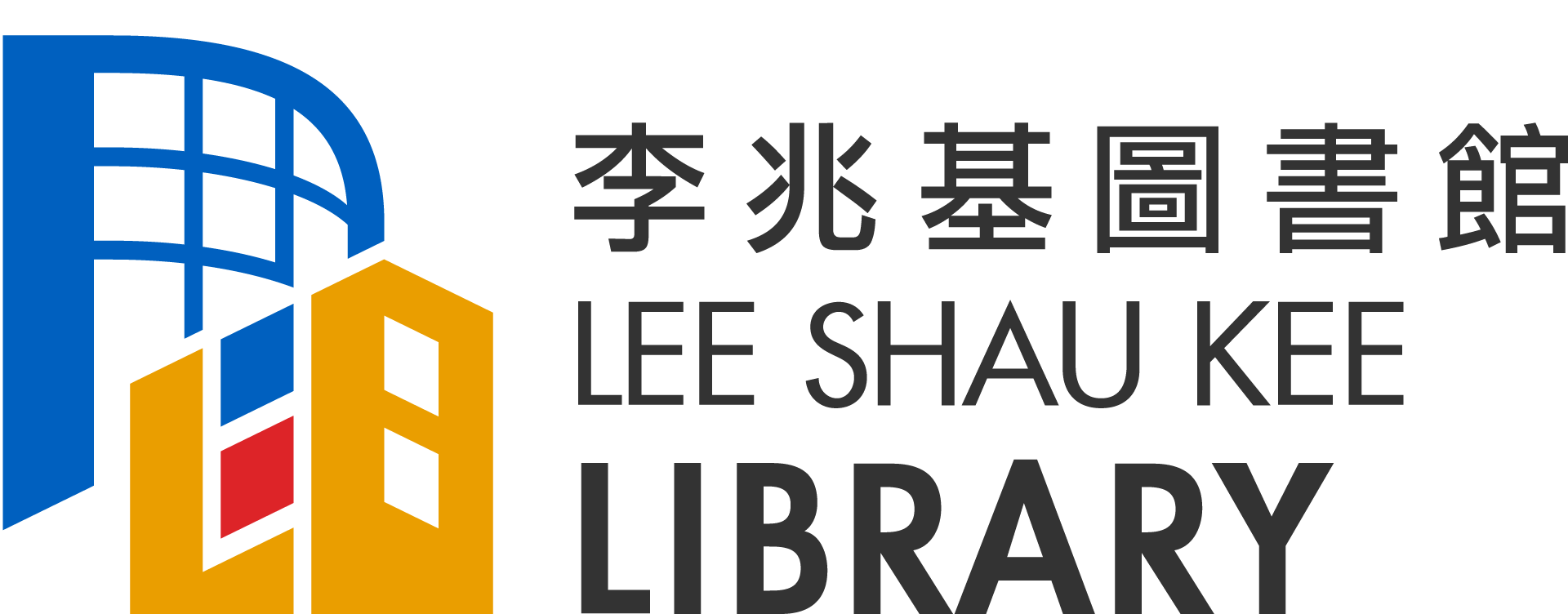
Archiving academic papers in an institutional or subject repository is a major way to make your works openly accessible. In this increasingly open research environment, it is important for academic authors to know how to do self-archiving properly.
Green and Gold OA
Open Access (OA) is the practice to make scholarly literature freely accessible online. Two major routes to make your work OA are Gold and Green. With Gold OA, your work is immediately accessible at the publisher’s website once it is published. Often you have to pay a fee, called APC, to the publisher to make this happen.
However, you can follow the Green OA path which does not carry a heavy price tag. Many publishers allow authors to put a version of the work in an OA repository at a certain time. This is where things can be a little more complex than it seems.
This post helps you clarify your decision points when you make your work Green OA. This is becoming more important for researchers, because many research funders and institutions have specific requirements on OA archiving and publishing. Those do not yet have such requirements will likely do so in the future while the global research community advocates for open scholarship.
What: the Versions
Which version of your published work can be self-archived without copyright issue? Publishers have different policies. Seldom do they let authors archive the final, published version (also called version of record). It is more common that authors can use the submitted version (also called preprint or author’s original), and the accepted version (also called postprint or accepted manuscript). See this post about different versions of your work in a publishing process.
Where: the Repositories
Where should you deposit your work? There are two types of OA repositories: institutional and subject. At HKUST, the Library maintains our institutional repository called SPD. For subject repositories, many of them are preprint archives. Popular ones include:
- PubMed Central (PMC)
- MedRxiv
- ArXiv
- bioRxiv
- ChemRxiv
- EarthArXiv
- SocArXiv
- Research Papers in Economics (RePEc)
Many researchers put their work at personal websites or social network sites such as Academia.edu or ResearchGate. This is NOT a recommended practice for Green OA. Trustworthy repositories keep your work safe with long-term commitment, make them findable by search engines and consistently retrievable. For example, in SPD, the HKUST repository, your work is assigned a unique, persistent identifier. SPD uses standard metadata schema so that your work is easily discoverable by search engines.
If a research funder requires you to deposit research output in a repository, you should pay attention to whether the funder specifies ones that you should use. For example, National Institutes of Health (NIH) in the US requires its grantees to use PubMed Central.
When: Embargo Period
Some publishers require authors NOT to release the self-archived copy for OA within a certain period after publication. This period is called “embargo”, which may be 6 months, 12 months or even longer. If you have to comply with requirements of your funder or institution, you should check if there is any conflict with embargo period. For example, the National Science Foundation in the US requires grantees to archive a published work as early as possible, but permits an embargo of 12 months; while Wellcome Trust in the UK recommends archiving when accepted for publication, but accepts an embargo of 6 months.
Some universities, Nanyang Technological University is an example, require affiliated work to be deposited in the institutional repository as early as the time of acceptance to publication; but they may allow access to be open at a later time.
Some Informative Links
How you choose to make your work OA depends on the culture of your field, your preference, and policies of with which you have to comply. These directories can help you find out more about OA policies and repositories:
- Publisher policy on OA: Sherpa Romeo
- Policies of research funders: Sherpa Juliet
- OA policies of research institutions and funders: ROARMAP
- Institutional and subject repositories: Registry of Open Access Repositories (ROAR)
If you have any questions about using SPD to archive your work, or about OA in general, do talk with us at the Library's Research Support Services team.







